Author: Dane Laverty
-
Stopping the Flood When the Dams Burst
A friend of mine told a story from when she was a seminary student. As I recall it, one student, let’s call him Eusebius, had had perfect attendance for three years. The attendance policy allowed a fifteen-minute late window. The teacher would shut the door fifteen minutes after class started, and any students who came…
-

12 Walks to Zion
I’m not ready to leave my “building Zion” discussion just yet. Where does the New Jerusalem come from? If you asked my peers, parents, seminary teachers, and Sunday school instructors, you might receive visions like these:
-

Are We Mormon, or Are We Dancer?
In my previous job, I served as co-chair on the college diversity council. It was not a position I was qualified for, but one in which I learned a lot. While there, I noticed that “black” is a culturally acceptable word again. I’m interested in the words we use to describe races, ethnicities, and cultures.…
-

The Why
Last night I was considering the “what” and “how” of Zion. After reading the comments from that post, I see that I’m skipping past the “why”. If I want to understand how Zion will work, I first need to understand why it exists — what it’s intended to achieve. The scriptures exhort us with eager…
-

What Does Zion Look Like?
Take a minute and review the tenth article of faith with me, if you will: We believe…that Zion (the New Jerusalem) will be built upon the American continent. What does this mean? How is this city different from any other city? I imagine that most church members picture this Zion as a magical, idyllic dwelling…
-
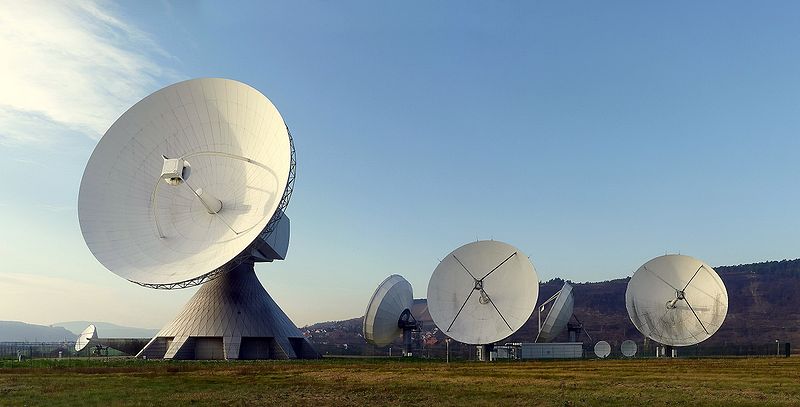
Discovering That What I Thought Was The Spirit Was Not
From my youth I’ve wanted to do right. A desire to follow the Holy Ghost occupied much of my spiritual reflection in my teens and early twenties. I made it a point to be aware of my feelings, and after a time I identified a few particular feelings that I identified as being the Spirit.…
-
A Middle Path Toward Theology?
This discursive approach to church leadership certainly had its problems (most dramatically in the story being re-told by Daymon and Brad at BCC). It is more chaotic, less predictable, more likely to offend long-time members when long-held doctrines change. However, it is, perhaps, more responsive to the changing needs of church membership.
-
Mirth in Marriage
The other night as we were getting ready for bed, my wife said, “You know Dane, I really miss laughing. I don’t mean like little *he he he* laughs, I mean deep, cleansing laughter.” And she’s right. Between children, school, and the pressures of responsible adult life, laughter kind of got lost somewhere. I don’t…
-

Soul Work
Norbert at BCC recently shared this reminiscence about his wilder days at BYU. What struck me most was the conversation in the comments between Norbert and his friends and acquaintances from those days. I caught glimpses of magical people from a mystical (or mythical?) time.
-

A Thing to Grasp
Havelock Ellis said, “It is only the great men who are truly obscene. If they had not dared to be obscene, they could never have dared to be great.” I think the word “obscene” here denotes not mere prurience or crudeness, but more generally the will to defy social expectations. It is in this sense…
-

The Test
When asked why life is hard, the Sunday school teachers of my youth replied, “Life is a test. It’s supposed to be hard.” The scriptures support the life-as-test perspective — a “probationary state” where we “prove” ourselves. Of course, if life is a test, then that means it’s designed to prepare us for what comes…
-
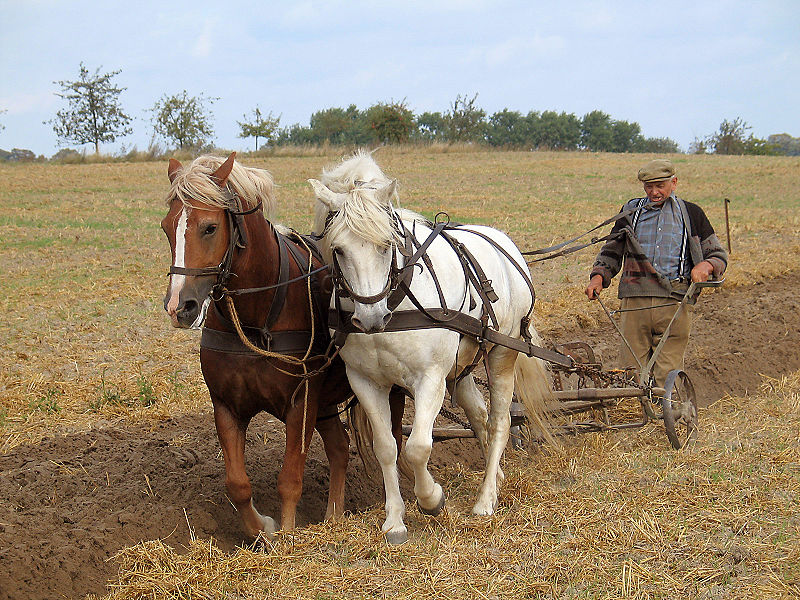
Organizational Management in the Church
I’m sitting in my organizational management class right now. That (combined with having just finally finished Lengthen Your Stride, which opened my eyes to the challenge of managing a global organization) has got me thinking about why the church is structured the way it is. Many attributes of the church that we like to complain…
-
Answering Nate
“Once upon a time, numberless spirits inhabited the vast chaos of space and unorganized matter. They exercised their minuscule powers to organize little creations, but these quickly vanished in the swirling chaos, like sand castles against the tide. Having spent an eternity without achieving any lasting accomplishments, these spirits mostly just despaired and drifted. One…
-
My God
I love my God. He loves me. Sometimes I suffer, and sometimes there is nothing He can do about it, and I love that. I love my God because He is limited, like me. He prepares my way to eternal joy, but He does not put me there. Why not? Is it because He chooses…
-
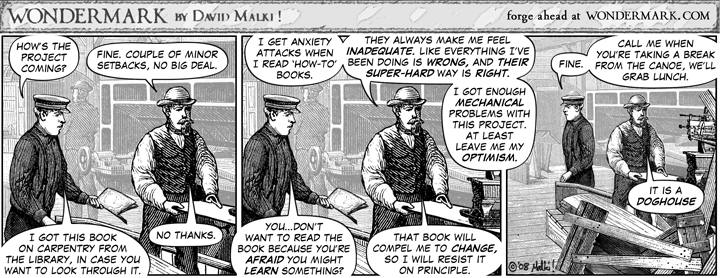
Suckers and Monsters
We human beings don’t handle technological progress very gracefully. Those of us who have spent years doing things “the hard way” can feel cheated when suddenly someone invents an easy way. Take, for example, the ballpoint pen. This little invention (and its immediate predecessors) essentially obsoleted centuries of tradition in penmanship, calligraphy, and pen care.…
-
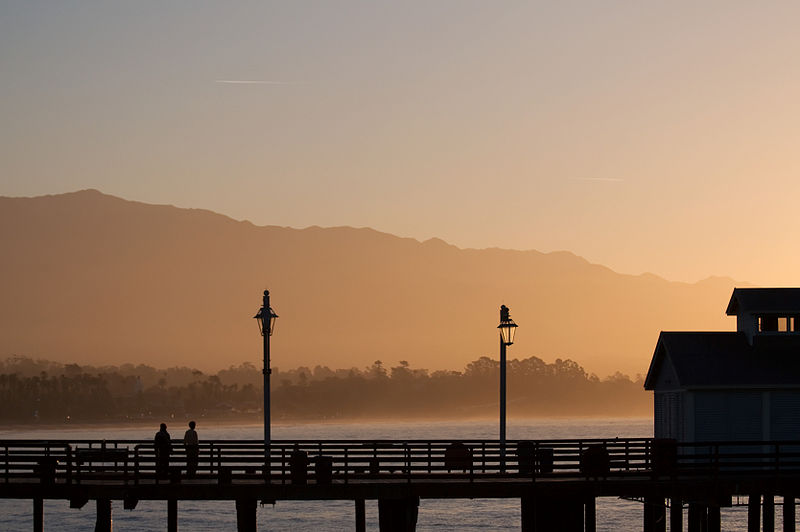
Friendship is Unnatural
I love the interactive nature of blogging. I had planned to close this series with a post neatly tying everything together, but all of your contributions have challenged my premises and preconceptions to the point that I can’t do it. I started this series with some really good ideas, as well as some very naive…
-

Community Considerations – or – Nine Reasons “40 Acres and My Friends” Is a Bad Idea
This isn’t to discourage anyone from trying the “forty acres and my friends” approach. However, the beautiful vision of “let’s get all my friends together, buy some land, and live happily together forever” has a tendency to gloss over some of the very real issues that communities have to deal with. Here are a few:
-
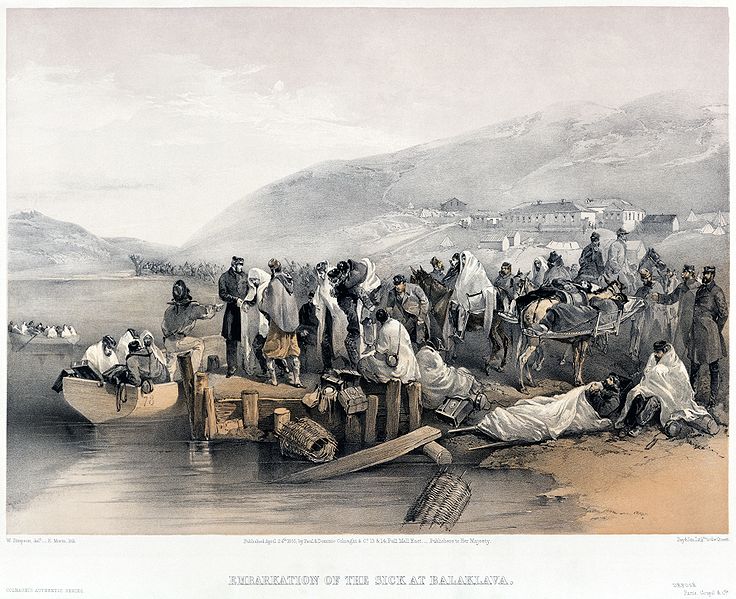
Building Your Own Green Hill
If you’re feeling moved upon to bring together a community of your own, here are some approaches you might consider. I’ve divided them into two sections: organic and venture. Organic approaches to community building grow fairly naturally out of everyday living. They may sound mundane — you’re probably already doing some of them — but…
-
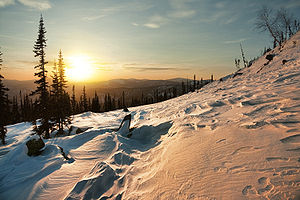
Program
Programs and lifestyle are the main repositories of culture in a community. Programs are optional. Lifestyles are not. The person who declines to participate in a program still gets to sit in the audience at the awards ceremony. The person who declines to participate in a lifestyle is excluded from the flow of community life.
-

Space (How It Looks)
Could we make zion building into a hobby? Like scrapbooking, except that it requires a little more money. And instead of gathering memories in a binder, you would gather loved ones in a community. Anyway, here are some visual examples of intentional communities that exist here in the United States and Canada.
-

Lifestyle
Lifestyle is about the flow of daily living. It is not about the grand mission and purpose of the community (that’s the program), but rather, it is the community’s values, norms, and expectations. A good demonstration of lifestyle (as opposed to program) can be seen in the cohousing movement.
-

About-ness and Communities That Last
My initial interest in building a green hill was just to live near my friends and family — something as simple as purchasing land, building houses, and inviting my loved ones to come on over. But, while that would be wonderful, I realized that my dream was about more than just building a “friends of…
-
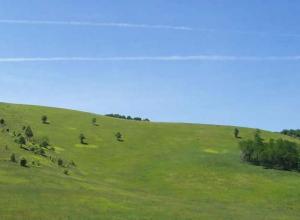
The Dream of the Green Hill
Green Hill Communities | Next About fifteen years ago, I had a dream. In my dream I saw a green hill with several people silhouetted against a cloudy sky. These figures were engaged together in various activities, some speaking, some playing or dancing, and some resting. The clouds in the sky moved quickly by, like…
